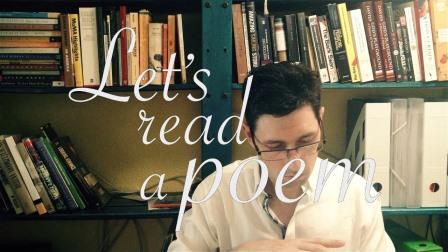Economy of Effort is just a sophisticated way of saying lazy tongues because something as trivial as laziness cannot seem to affect a language. However, it does!
The last time we discussed how Invasion and theft made a chaos in the English Language, we already knew the other factors affecting and resulting in this chaos, however, we chose to unveil them step and by step, blog by blog!
The foreign language influence hadn’t yet clawed deeper into the language when lazy tongues came into picture. Linguists prefer to call it “Economy of Efforts.” In an attempt to “use efforts economically” while speaking, English speakers developed sounds that were not what it were meant to be. The way this functioned for these lazy tongues was by dropping some sounds out of the pronunciation to save efforts. It was claimed that this dropping of sounds made the pronunciation more distinct for the listener.
The complicated bits of pronunciation in the Old English that came from French and Scandinavian influence were the sounds that were dropped. Hopian seemed too long, so it became “hope” and the “e” in the end was just preferred to be kept silent. Some sound combinations that were tricky got simplified, such as, “kn” was reduced to “n” and “wr” was just “r.” When these sounds were deleted in speech, some also disappeared from writing while some still remained. The sound of “kh” was spelled as “gh” but the pronunciation was just “f” as in laughter and at times, this new “gh” was altogether dropped in speech like in “daughter.”
Lazy tongue was not the only reason for this chaos caused due to pronunciations. The Great Vowel shift made a lot of difference. It was all unclear and unpredictable. In the duration between the 1400s to sometime in 1700, the pronunciations kept dissolving into something else leading to the present day pronunciations. There was a time when “boot” sounded like “boat” and “out” was pronounced as “oot.” The sounds changed, and the spellings remained.
The present day English is a complicated mess. However, our translation experts have mastered this mess in order to offer you the best language translation services. From legal document translation services to passports and others, we provide it all. Give us a buzz at 888-670-3369 and we shall address all your translation and interpretation related queries.
